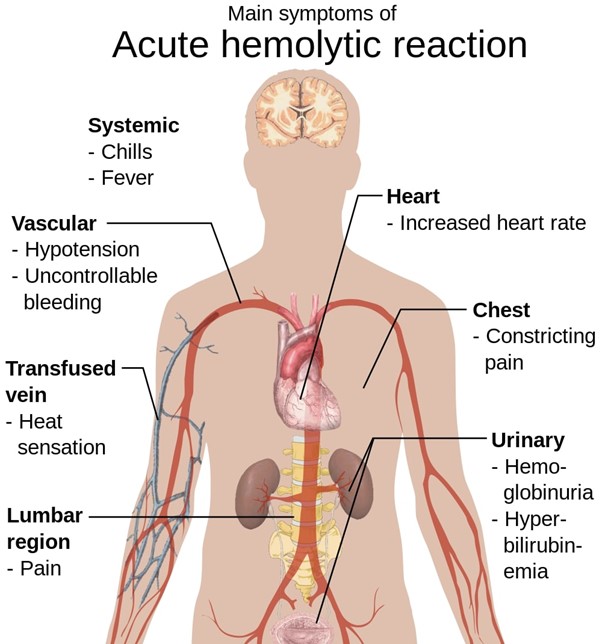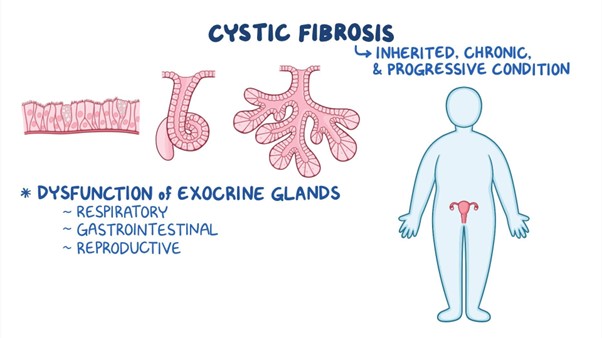A nurse in an emergency department is preparing a client for emergency surgery. The client's blood alcohol level is 180 mg/dL. Which of the following actions is the nurse's priority?
Obtain consent for surgery.
Insert an NG tube.
Apply antiembolic stockings
insert an indwelling armory catheter
The Correct Answer is A
Choice A reason:
Obtaining consent for surgery is the correct answer. Obtaining informed consent for surgery is a critical and ethical step to ensure the client's rights are respected and that necessary medical interventions can be performed. However, in cases where the client is unable to provide consent due to their level of intoxication, the nurse should follow established protocols for obtaining consent from a legal guardian or
Choice B reason:
Insert an NG tube is incorrect. Inserting a nasogastric (NG) tube might be a necessary step in preparing a client for surgery in certain cases, but it is not the top priority in this situation. Obtaining consent for surgery takes precedence.
Choice C reason:
Applying ant embolic stockings is incorrect. Applying ant embolic stockings, also known as compression stockings, is an important measure to prevent blood clots (deep vein thrombosis) during and after surgery. However, obtaining consent for surgery is more urgent in an emergency situation.
Choice D reason:
Inserting an indwelling urinary catheter is incorrect. Inserting a urinary catheter might be necessary to monitor the client's urinary output during surgery, but obtaining consent for surgery is the priority action.
Nursing Test Bank
Naxlex Comprehensive Predictor Exams
Related Questions
Correct Answer is C
Explanation
Administering the unit of packed RBCs over 1 hour is not appropriate. Packed RBCs are usually administered over a longer period of time (typically 2 to 4 hours), as rapid infusion can lead to adverse reactions. The rate of administration should be based on institutional policy.
Choice B Reason:
Initiating venous access with a 21-gauge needle is not appropriate-. The needle size for venous access can vary based on the client's condition and the size of their veins. However, a larger gauge needle (e.g., 18-gauge or 20-gauge) is typically used for blood transfusions to ensure adequate flow.
Choice C Reason:
Blood products should be infused through administration sets designed specifcally for blood; use a Y-tubing or straight-tubing blood administration set that contains a filter designed to trap fibrin clots and other debris that accumulate during blood storage.

Choice D Reason:
The nurse should measure vital signs and assess lung sounds before the transfusion and again after the first 15 minutes and every 30 minutes to 1 hour (per agency policy) until 1 hour after the transfusion is completed.
Correct Answer is C
Explanation
Choice A Reason:
NG tube with suction apparatus should not be recommended. NG tubes and suction are not routine equipment for managing cystic fibrosis. They might be used for other medical conditions, such as digestive issues or nutritional support.
Choice B Reason:
Chest tube with a drainage system should not be recommended -. Chest tubes and drainage systems are used to manage conditions like pneumothorax or pleural effusion, which are not directly related to cystic fibrosis.
Choice C Reason:
A chest physiotherapy (CPT) vest, also known as a high-frequency chest wall oscillation (HFCWO) vest, is commonly used by clients with cystic fibrosis to help clear mucus from the lungs. The vest vibrates at high frequency, loosening the mucus and making it easier for the client to cough it up, thus helping to manage respiratory symptoms and reduce the risk of infections.
Choice D Reason:
A peak flow meter is typically used for clients with asthma to measure the maximum speed of exhalation, which helps in assessing asthma control. While it can be useful for monitoring lung function, it is not specific to cystic fibrosis, where the primary concern is airway clearance rather than peak flow measurement.

Whether you are a student looking to ace your exams or a practicing nurse seeking to enhance your expertise , our nursing education contents will empower you with the confidence and competence to make a difference in the lives of patients and become a respected leader in the healthcare field.
Visit Naxlex, invest in your future and unlock endless possibilities with our unparalleled nursing education contents today
Report Wrong Answer on the Current Question
Do you disagree with the answer? If yes, what is your expected answer? Explain.
Kindly be descriptive with the issue you are facing.
